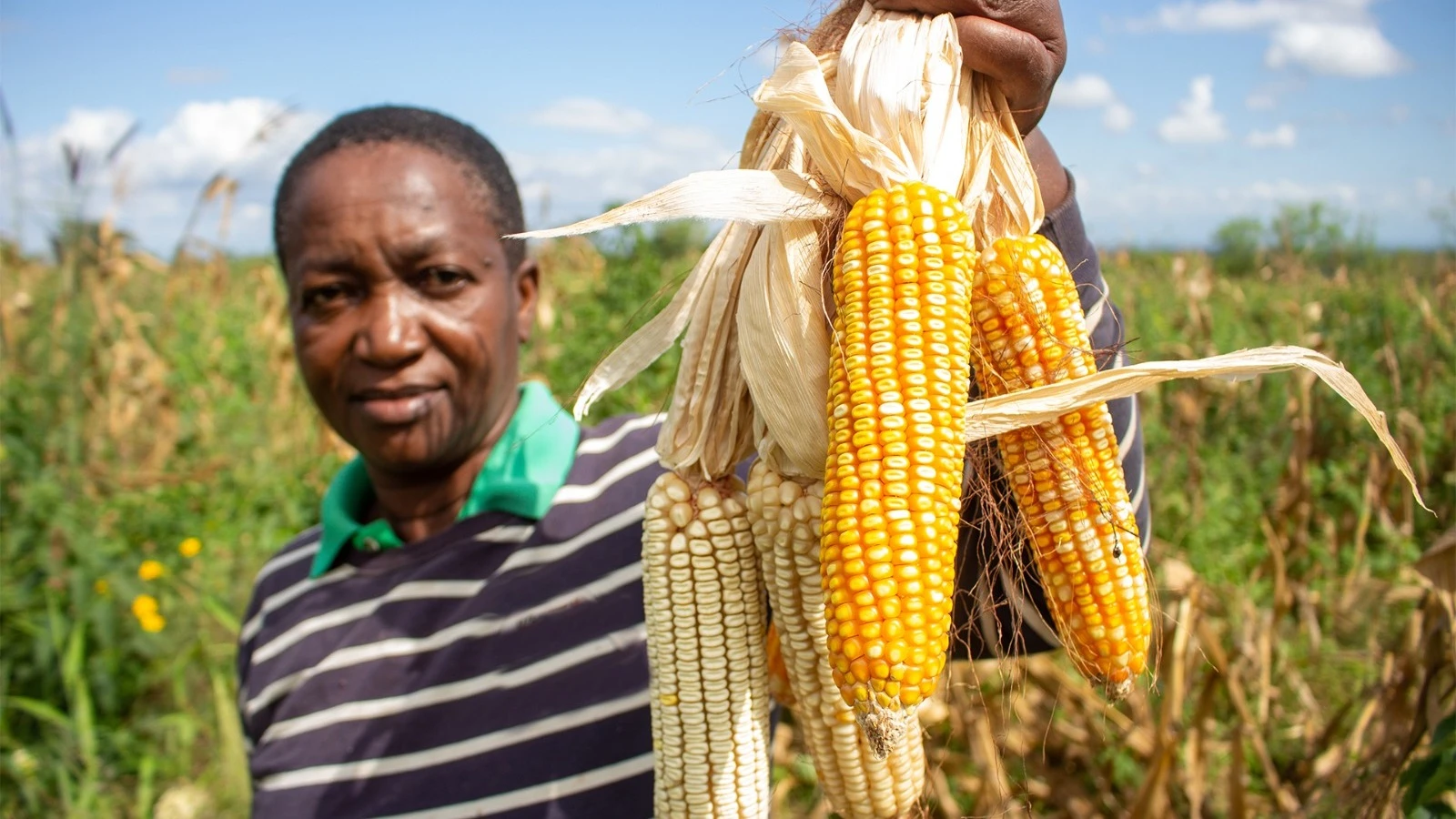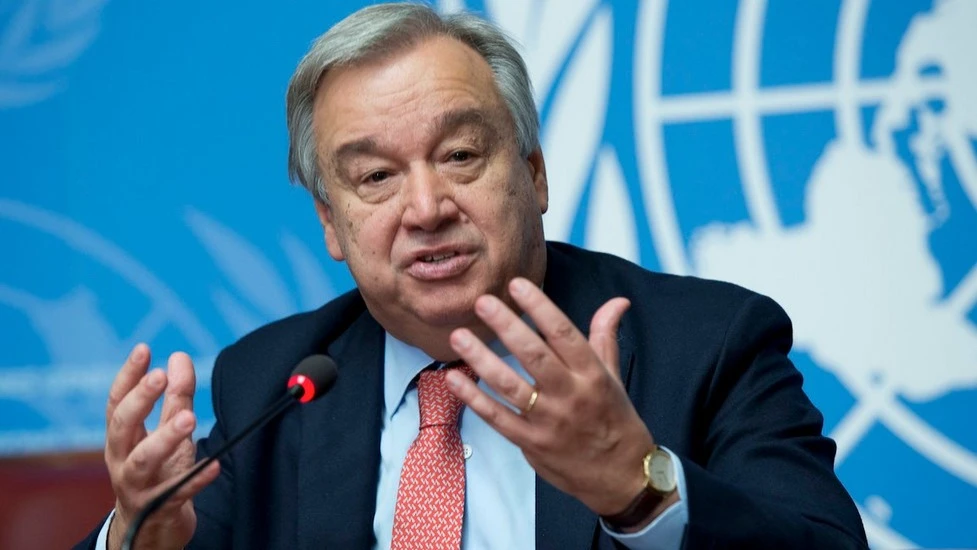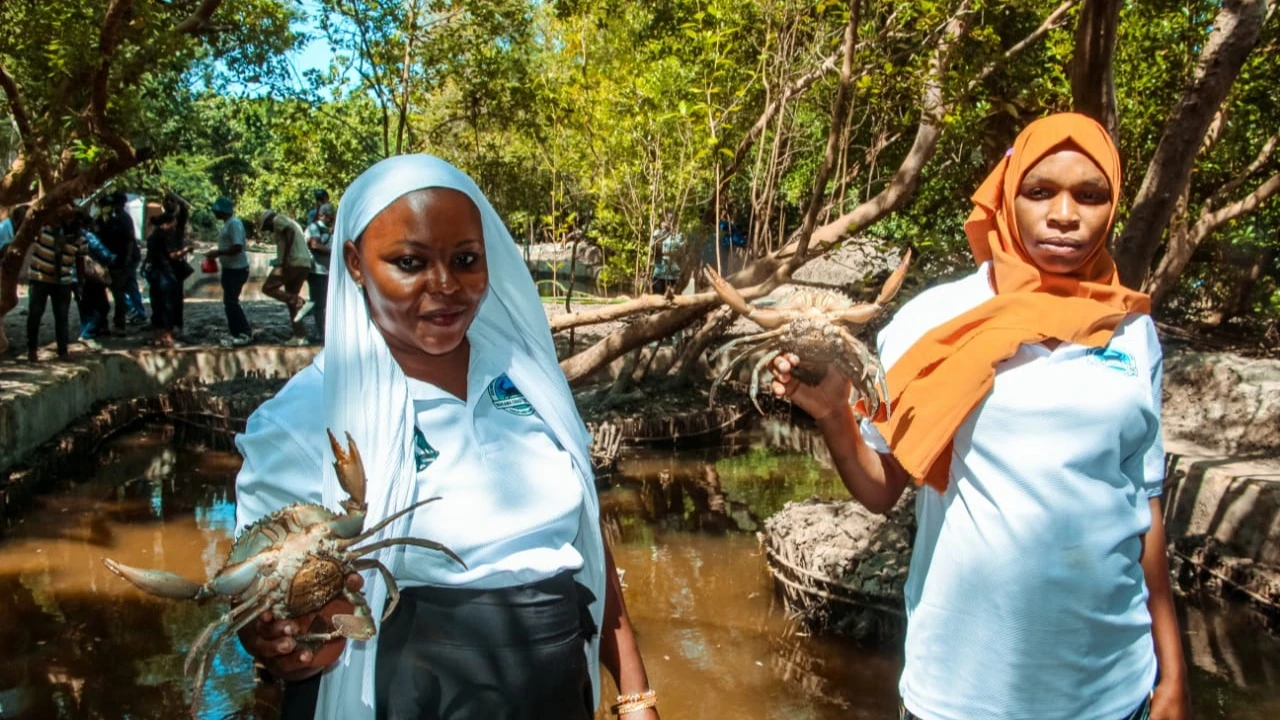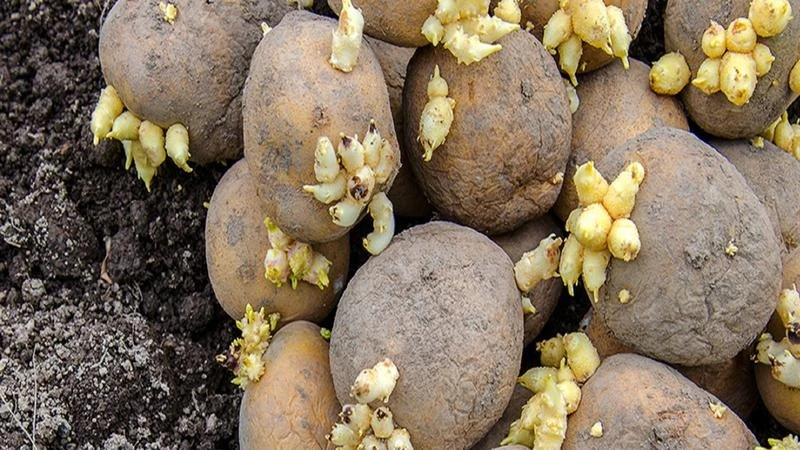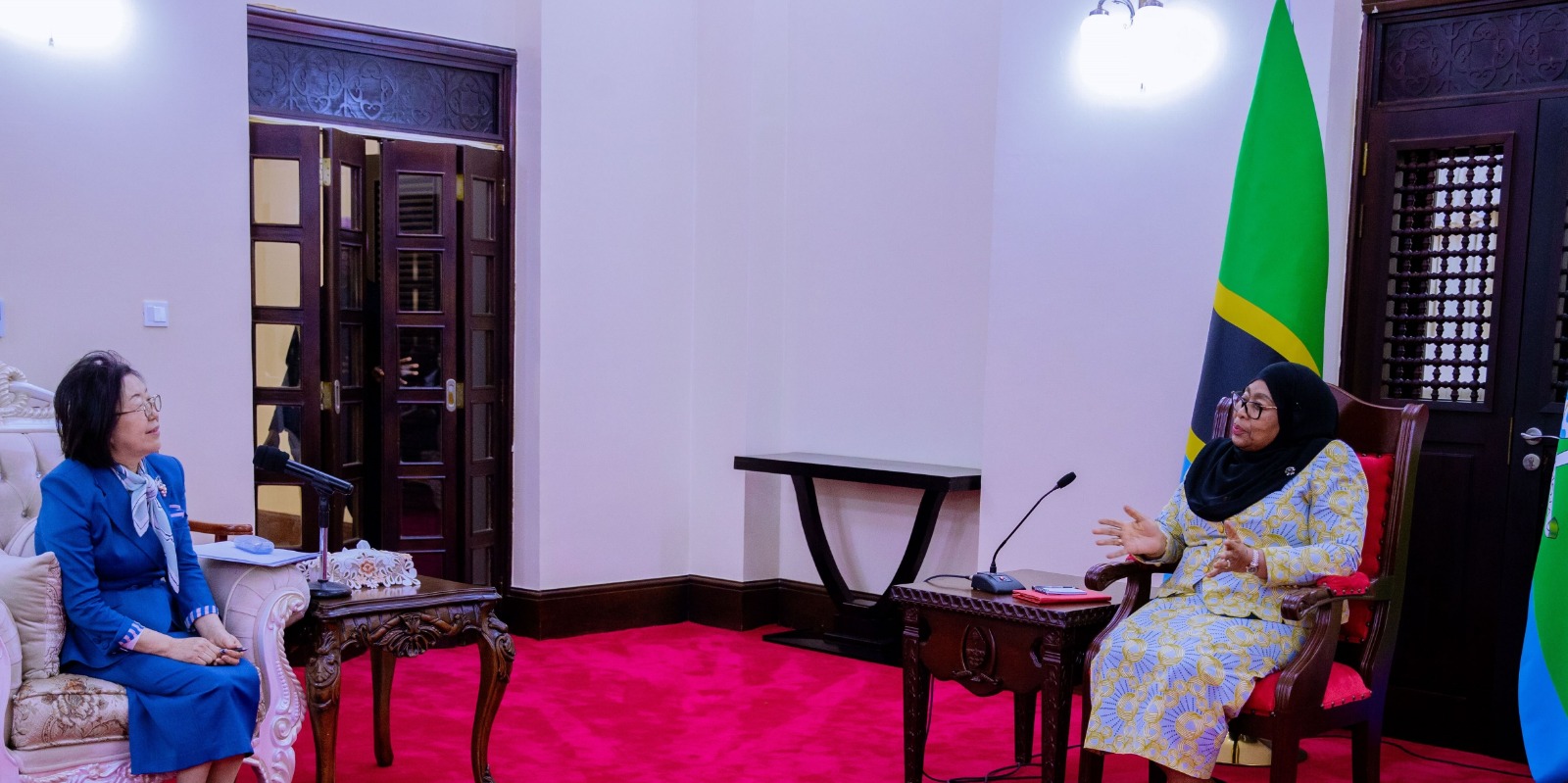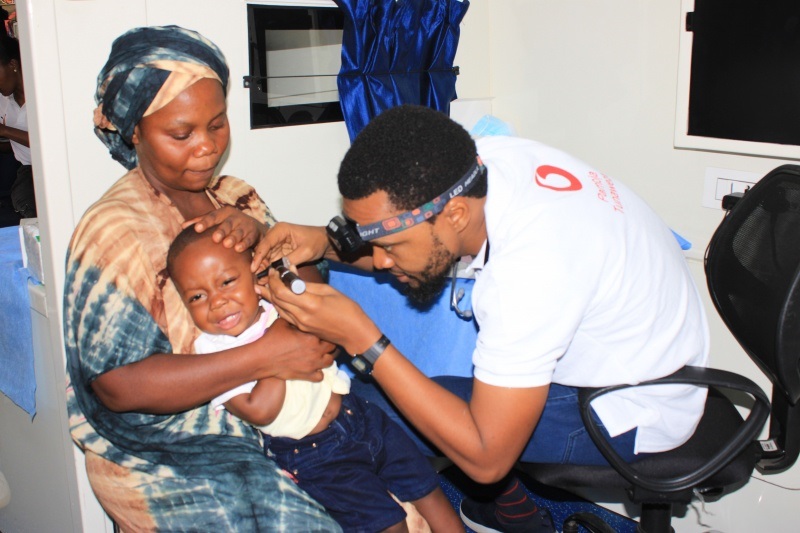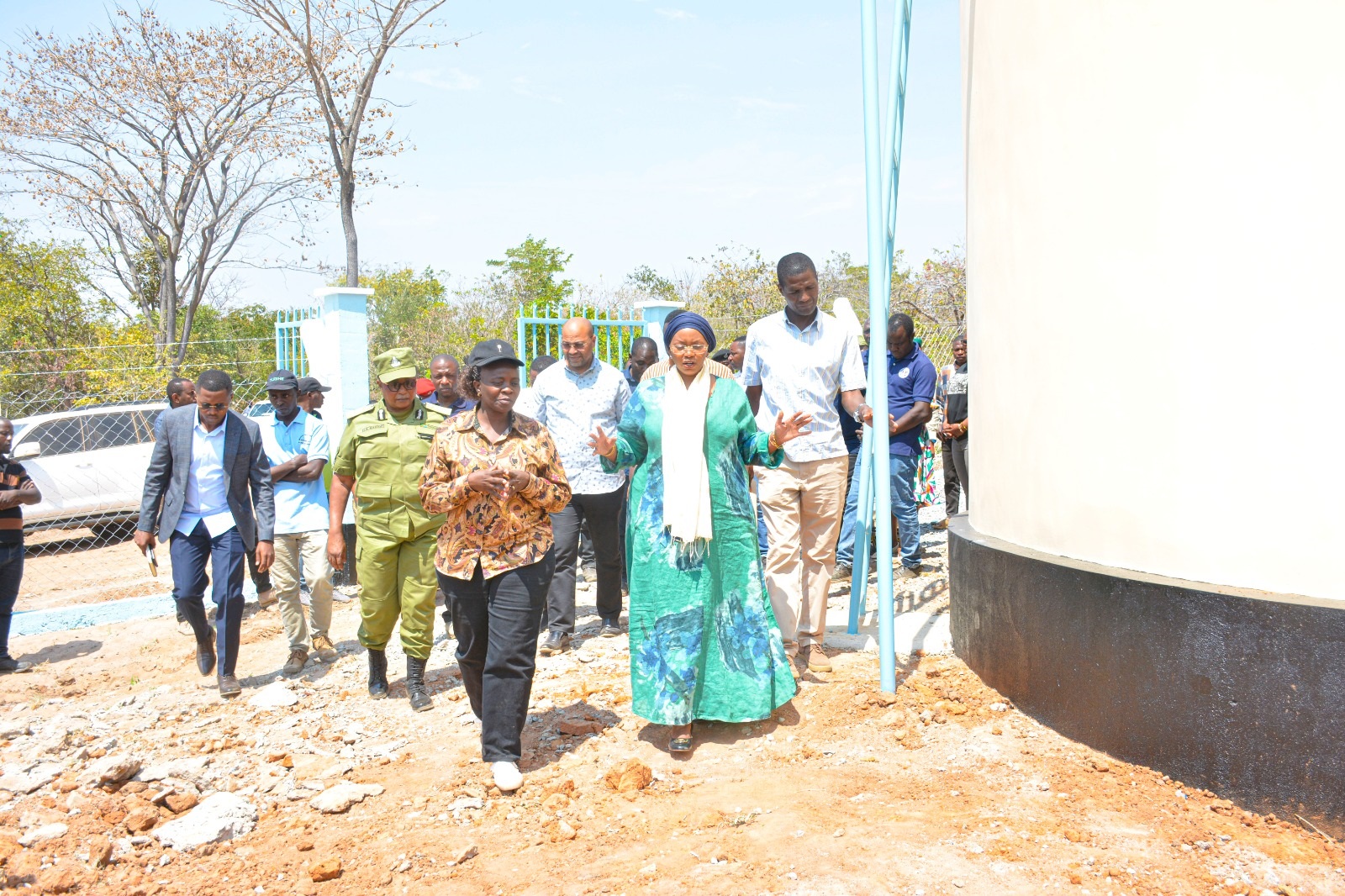Tanzania on the right path to agricultural excellence
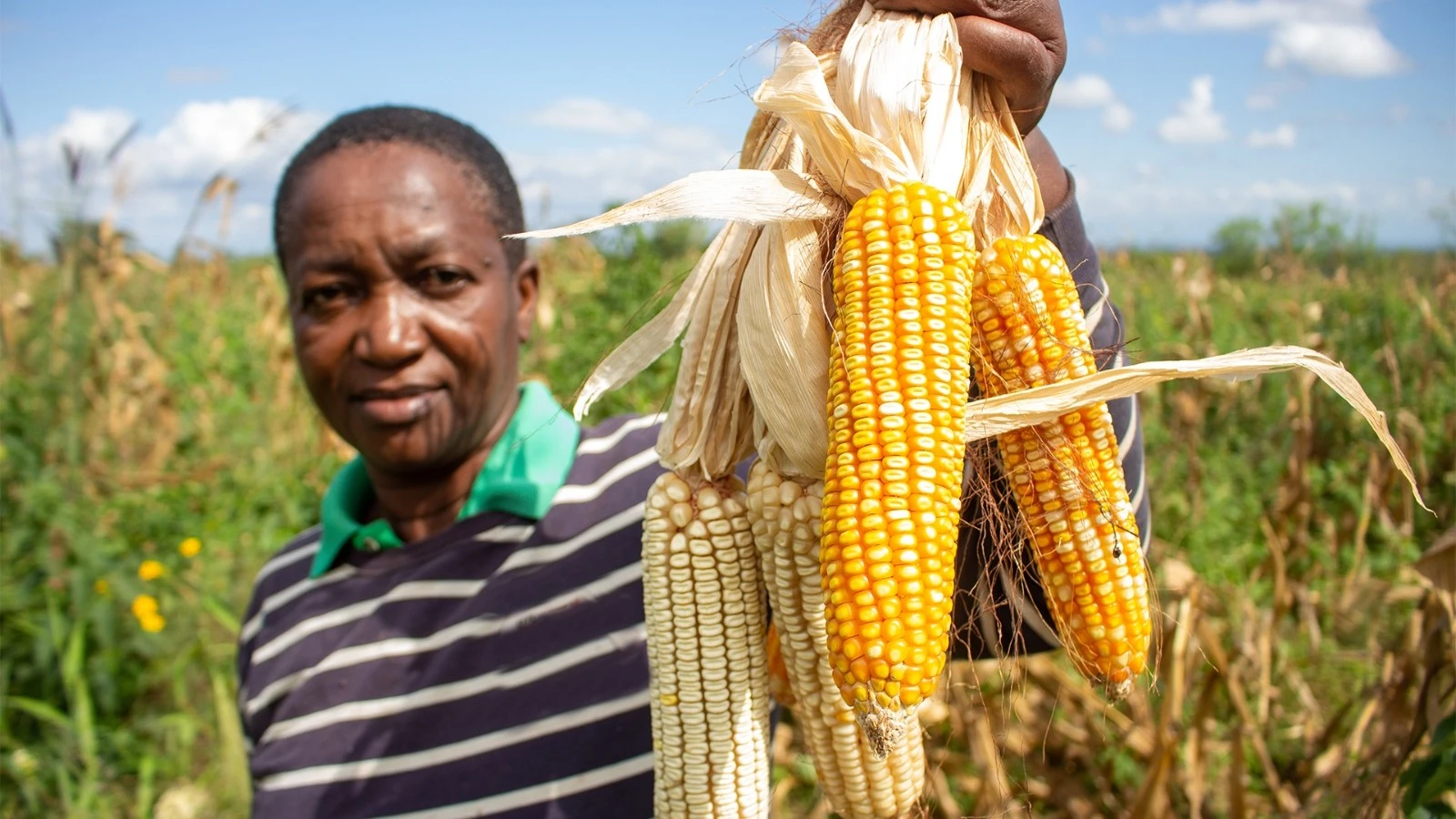
Tanzania's agricultural transformation took center stage last week as the 32nd Nane Nane Agricultural Exhibition (August 1-8) unfolded across the nation, with main events at Dodoma's Nzuguni Grounds and regional showcases like Morogoro's Mwalimu Julius Nyerere Grounds.
Under the banner "Chagua Viongozi Bora kwa Maendeleo Endelevu ya Kilimo, Mifugo na Uvuvi" (Choose Good Leaders for Sustainable Development of Agriculture, Livestock, and Fisheries)., this year's event drew over 1,000 exhibitors and tens of thousands of farmers, cementing its status as East Africa's premier agricultural platform.
The numbers tell a compelling story of growth: Agricultural exports have surged by 195 percent under the sixth phase administration, from $1.2 billion (3.12trn/-) in 2019/20 to $3.54 billion (9.21trn/-) in 2023/24.
Sector growth has accelerated from 2.6 percent in 2021 to 4.2 percent in 2023, with sights set on 10 percent by 2030 through strategic investments in irrigation, technology, and value addition.
Tanzania's agricultural transformation is most visible in its flagship commodities, which have shown remarkable growth trajectories under the current administration. The cashew sector, a historical mainstay of the southern economy, has undergone a dramatic renaissance - production skyrocketed by 150.61 percent from 210,786 tonnes in the 2020/21 season to 528,263.82 tonnes in 2024/25. This explosive growth, achieved through improved inputs and better market linkages, has elevated Tanzania to become Africa's second-largest producer and fifth globally.
In the sugar industry, the numbers tell a story of steady progress. From producing 367,718 tonnes of sugar from 3.88 million tonnes of sugarcane in 2020/21, the sector has grown to yield 431,736.74 tonnes from 4.71 million tonnes of cane in 2024/25 - a 17.41 percent increase in sugar output that represents 61.68 percent of the national target of 700,000 tonnes. This growth has significantly reduced the country's sugar deficit while creating thousands of rural jobs.
The horticulture boom has been equally impressive. Avocado exports, virtually non-existent a decade ago, have grown into a 252.3bn/- industry in 2024/25, up from 117.5bn/- just two years prior in 2022/23. Overall horticultural production has expanded by 2.85 percent from 7.3 million tonnes in 2020/21 to 7.5 million tonnes in 2023/24, with the sector now employing over 4 million Tanzanians directly and indirectly.
These strategic crops exemplify Tanzania's agricultural renaissance - from cashew's dramatic rebound to sugar's steady climb and horticulture's emergence as a new export champion. The consistent growth across these diverse commodities demonstrates the breadth and sustainability of the sector's transformation.
The Tanzania Plant Health and Pesticides Authority (TPHPA) unveiled a world-first DNA detection device that identifies pests and diseases in just 20 minutes a game-changer for export compliance. "This technology positions Tanzania as a global leader in agricultural science," declared TPHPA Director Prof. Joseph Ndunguru during the demonstration.
Digital transformation took center stage, with the e-Government Authority showcasing its Fertilizer Management System that has streamlined subsidy distribution to over 848,884 tonnes of fertilizer in 2023/24. Meanwhile, the newly launched Nane Nane registration portal (nanenane.kilimo.go.tz) has modernized participation in the event, part of broader upgrades at Nzuguni that include a national agricultural tools center and drone assembly hub.
Dar es Salaam Regional Commissioner Albert Chalamila rallied farmers at the Morogoro exhibition, urging them to embrace Nane Nane as "our collective classroom for modern farming." His call resonated with smallholders like Grace Mwambene from Dodoma, who showcased disease-resistant coffee seeds developed through government-supported research.
The Ifakara Health Institute (IHI) highlighted the critical link between farming and health, with researcher Pinda Polias warning against pesticide misuse that fosters mosquito resistance. "Healthy farmers mean healthy harvests," emphasized IHI's Dr. Faraja Bilahi during a malaria prevention workshop.
Financial innovations drew strong interest at this year's exhibition. The newly launched Agricultural Development Fund (ADF) has begun operations with 100bn/- in capital, marking a significant boost for value-added agricultural projects. Meanwhile, the Tanzania Agricultural Development Bank (TADB) reported disbursing 4trn/- in loans, with particular focus on women and youth-led agribusinesses. In the cooperative sector, the Tanzania Cooperative Bank continues to expand its reach, now serving 992 cooperatives nationwide with its 58bn/- capital base and distributing 3,760 digital weighing scales to modernize farm-gate transactions.
While celebrating these achievements, officials maintained clear focus on remaining challenges. The Tanzania Bureau of Standards (TBS) has intensified its quality certification efforts, conducting daily workshops at their pavilion to help farmers meet stringent export requirements. On the energy front, the Rural Energy Agency (REA) is driving its ambitious clean cooking energy adoption program, backed by 40.2bn/- in investments, with a target of 80 percent nationwide usage by 2034. For youth empowerment, programs like Building Better Tomorrow (BBT) are making strides in addressing unemployment through hands-on agri-tech training, with drone operation and smart irrigation techniques proving particularly popular among young attendees.
A eyes are on Tanzania's Agricultural Growth Corridors initiative which aims to generate $20 billion in exports by 2050. With 128 percent food self-sufficiency already achieved and technological adoption accelerating, Nane Nane 2025 has underscored Tanzania's emergence as Africa's agricultural powerhouse.
"From DNA technology to drone irrigation, we're witnessing a revolution in the fields," summarized Agriculture Minister Hussein Bashe. "But the real story is how these innovations are transforming lives in every village."
Emmanuel Mushi is an agricultural economist based in Dodoma
Top Headlines
© 2025 IPPMEDIA.COM. ALL RIGHTS RESERVED












